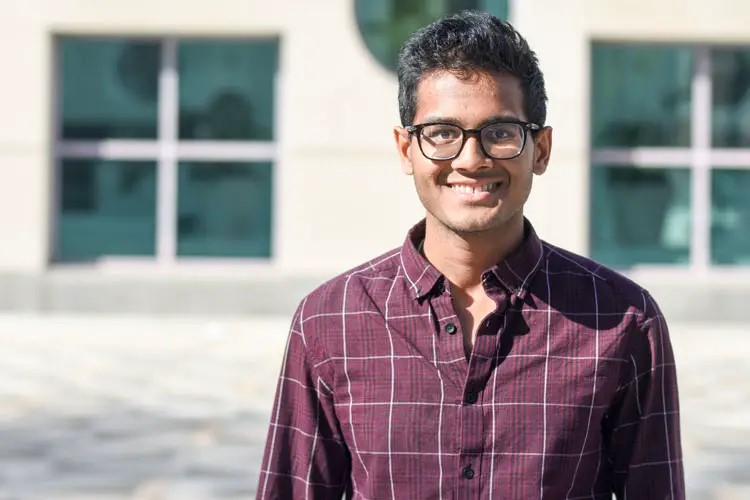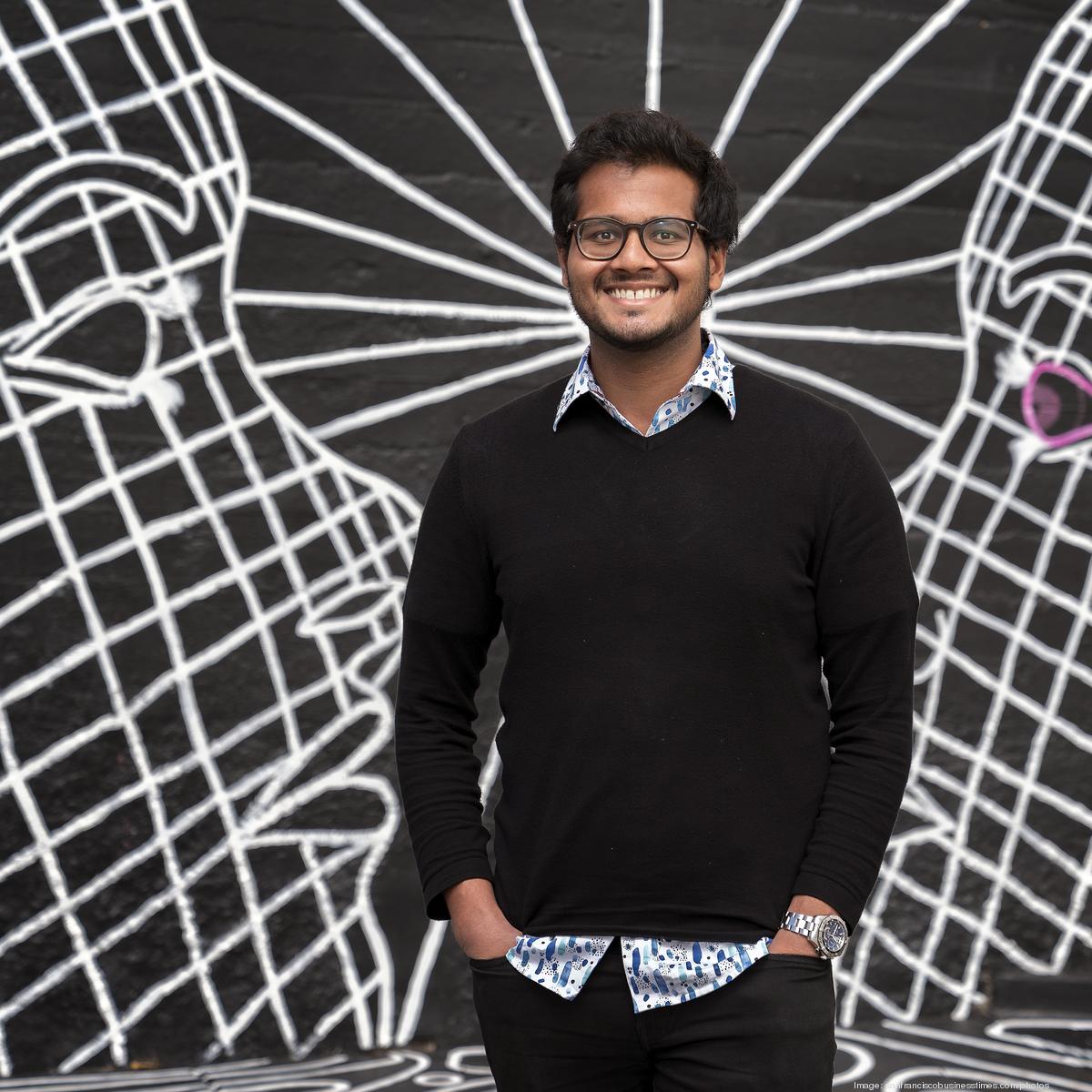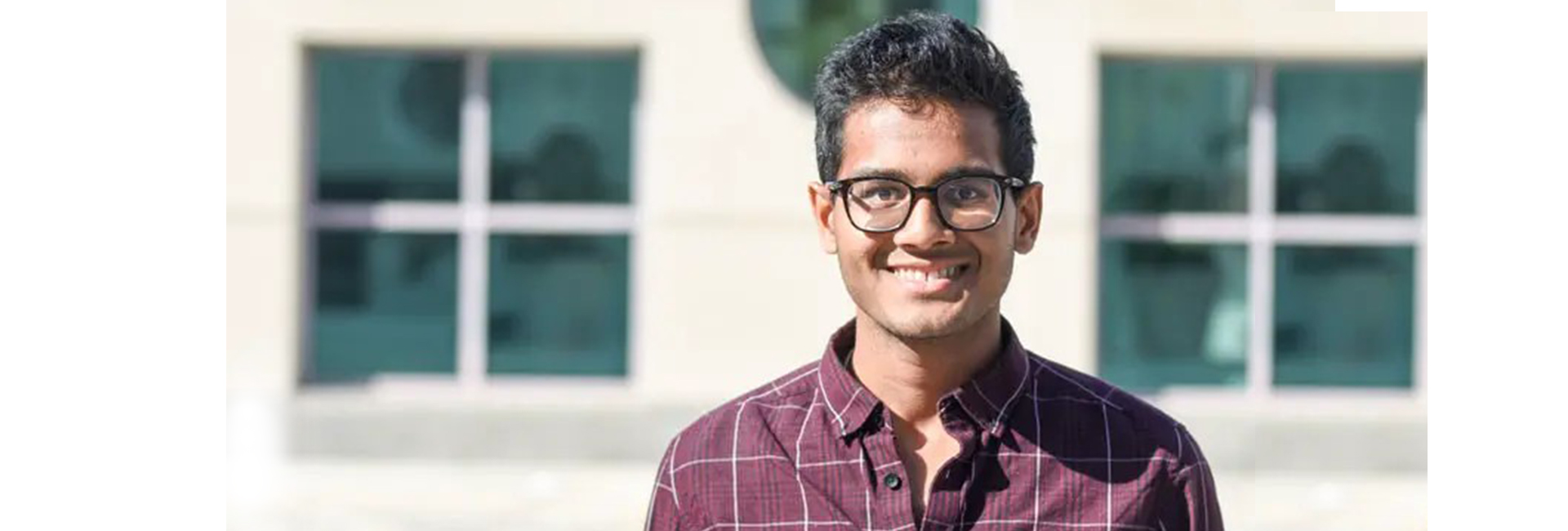(July 06, 2023) At 26, Rajat Bhageria is already well on his way to establishing himself as a socially-conscious serial entrepreneur and an astute investor. Born in India Rajat has lived in four countries, speaks four languages and works, according to his LinkedIn bio, “to build lasting 100-year businesses around 10x solutions to the world’s most pressing problems, while simultaneously empowering fellow entrepreneurs to do the same.” Currently, he heads Chef Robotics a venture that landed him in the Forbes USA 30 Under 30 list and is the Founder and Managing Partner at Prototype Capital, a distributed $5MM fund investing in 10x comanies around the world. He’s also a prolific author, writing his first book soon after high school – What High School Didn’t Teach me: A Recent Graduate’s Perspective on High Schools are Killing Creativity. His columns have also appeared in TechCrunch, Forbes and HuffPost.

The first attempt at entrepreneurship
In 2013, Rajat Bhageria founded what he calls his “first ever real startup.” CafeMocha was a platform for writers to share their creative work. He was still in high school then, preparing for university. Rajat and his friends had spent their weekend studying for the SATs, memorising terms and taking mock exams. It was something they had to do, certainly not something they enjoyed. It got Rajat thinking: “Schools are truly killing creativity. High School basically shuns them from taking risks and rather teaches them to follow a set formula.” That made people afraid of their own creative spirit and the few who still expressed it, at least as writers, poets, essayists and researchers, had limited means to share their work.
As a writer himself, he felt the pinch. Blogging was definitely a way but came with a one-in-a-million chance of getting noticed. Tumblr was not academic whatsoever. He decided to create CafeMocha, the “only social-network that is truly aimed at high school students.” What LinkedIn is to job seekers, Flickr to photographers and Spotify and Soundcloud to musicians, CafeMocha was to budding teen writers. In just a month after it was founded, the platform had about 30,000 page views and hundreds of unique visitors. “I learned then that one person really can make a difference,” he explained.
Life at PennState
The Global Indian headed to Pennsylvania State University as an undergraduate and although he didn’t know then, met two people with whom he would go on to collaborate – Ben Sandler and Joe Cappadona. “I can personally say with a lot of certainty that my classes were by no means worth 60k/year,” he wrote, in Huff Post. “But I can also say that the act of simply being in college taught me more than any class ever has.” When he first arrived, he was struck with the idea that hundreds of young people had come before him and hundreds more would follow. How could he stand out? Could he leave a mark? It was the start of an “existential crisis” in which he discovered “the real power of college: it forces you to find yourself and ask yourself what you want to accomplish not only in the next four years but also in life.”
A weekend hackathon with Sandler and Cappadona resulted in the team building a prototype to help the visually-impaired recognise objects. They chose the non-invasive method, joining giants like IBM and Apple in those early days of wearable technologies. Rajat Bhageria joined, both fellow computer science undergrads and together, they built the prototype in a weekend hackathon. Their model was a hit and even landed them on the cover of UPenn newspaper.
Challenges
“I had no background building an intuitive product,” he writes, in Forbes. And commercialising the product, it turned out, was another story entirely. First, they had to test the market: Was their product worth the effort in the first place? Is it something that the blind actually needed? The team cold-emailed organisations in and around Philadelphia. They received only two responses, out of which only one turned into a viable lead.
It meant reaching out to a wide circle of people, from CEOs to investors to NGOs. “I was able to learn from venture capitalists who had funded Fortune 500 companies, founders who had IPOed their companies, and CEOs leading massive 500+ person companies,” he wrote.
It wasn’t so much about the advice that he received but the insight it gave him into the minds of extremely successful people. How did they grow? What did they prioritise?
In 2018, having learned the many struggles of entrepreneurship, Rajat Bhageria decided he wanted to empower others like himself. He went on to found Prototype Capital, which is in existence still. According to the company website, Prototype Capital “believes in getting down in the trenches and being there right alongside the most ambitious founders in the world as together, we fund and found lasting 100-year businesses around products that change the status quo by 10x.”


Chef Robotics
From wearable technology, Rajat moved on to Robotics and AI. It was a timely start- months before the pandemic struck. This time, he addressed assembly line cooks, “an extremely dull and dangerous job,” as the website describes it, “leading to massive turnover rates as people try unsuccessfully to find more fulfilling work.” Food companies remained woefully understaffed, in some cases by up to 25 percent.
Rajat’s solution: Put robots in assembly lines instead. The idea was also inspire the next generation of founders, engineers and investors to design intelligent robots.
- You can follow Rajat’s work on his website



